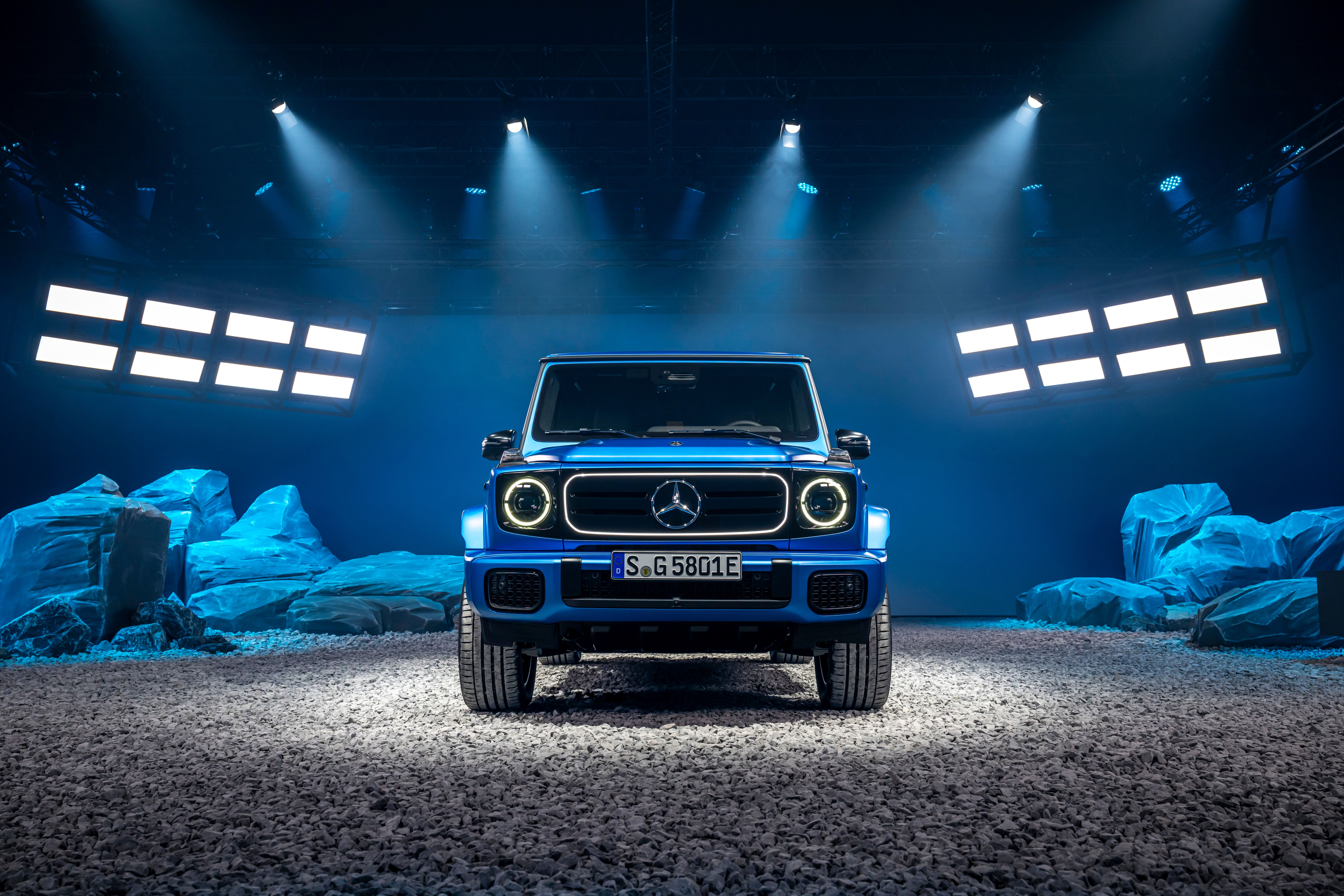This Is Why High-End Electric Cars Are Failing
Five Reasons Why High-End Electric Cars Are Failing
1. Limited Range: While high-end electric cars boast impressive technology, their range often falls short compared to…

Five Reasons Why High-End Electric Cars Are Failing
1. Limited Range: While high-end electric cars boast impressive technology, their range often falls short compared to traditional gasoline vehicles. This can be a major hurdle for consumers who rely on their cars for long commutes or road trips.
2. High Cost: Luxury electric cars come with a hefty price tag, making them out of reach for many consumers. The initial investment in these vehicles is often too high for the average car buyer.
3. Lack of Infrastructure: Charging stations for electric cars are still relatively sparse, especially in rural areas. This lack of infrastructure can make it difficult for high-end electric car owners to find a convenient place to recharge their vehicles.
4. Maintenance Costs: High-end electric cars are often more expensive to maintain than traditional vehicles. The specialized technology and components used in these vehicles can drive up the cost of repairs and upkeep.
5. Competition from Traditional Automakers: Many traditional automakers are now offering their own line of electric vehicles, which often come at a lower price point than high-end electric cars. This competition can make it difficult for luxury electric car manufacturers to stand out in the market.
In conclusion, high-end electric cars are facing a number of challenges that are hindering their success in the market. From limited range and high costs to a lack of infrastructure and competition from traditional automakers, these vehicles are struggling to gain widespread adoption among consumers. Unless these issues are addressed, the future of high-end electric cars remains uncertain.




